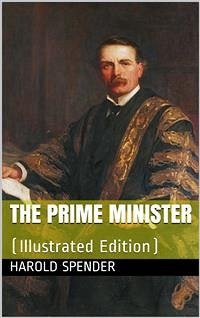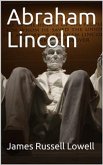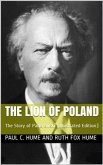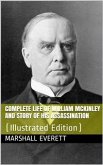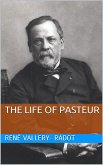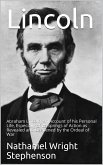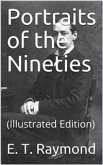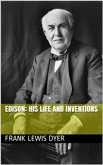David Lloyd George, 1st Earl Lloyd-George of Dwyfor, OM, PC (17 January 1863 – 26 March 1945) was a British statesman and Liberal politician. He was the last Liberal to serve as Prime Minister of the United Kingdom.
As Chancellor of the Exchequer (1908–1915) during H. H. Asquith's tenure as Prime Minister, Lloyd George was a key figure in the introduction of many reforms which laid the foundations of the modern welfare state. His most important role came as the highly energetic Prime Minister of the Wartime Coalition Government (1916–22), during and immediately after the First World War. He was a major player at the Paris Peace Conference of 1919 that reordered Europe after the defeat of the Central Powers. Although he remained Prime Minister after the 1918 general election, the Conservatives were the largest party in the coalition, with the Liberals split between those loyal to Lloyd George, and those still supporting Asquith. He became the leader of the Liberal Party in the late 1920s, but it grew even smaller and more divided. By the 1930s he was a marginalised and widely mistrusted figure. He gave weak support to the war effort during the Second World War amidst fears that he was favourable toward Germany.
He was voted the third-greatest British prime minister of the 20th century in a poll of 139 academics organised by the market-research company MORI, and was named among the 100 Greatest Britons in a UK-wide vote in 2002.
As Chancellor of the Exchequer (1908–1915) during H. H. Asquith's tenure as Prime Minister, Lloyd George was a key figure in the introduction of many reforms which laid the foundations of the modern welfare state. His most important role came as the highly energetic Prime Minister of the Wartime Coalition Government (1916–22), during and immediately after the First World War. He was a major player at the Paris Peace Conference of 1919 that reordered Europe after the defeat of the Central Powers. Although he remained Prime Minister after the 1918 general election, the Conservatives were the largest party in the coalition, with the Liberals split between those loyal to Lloyd George, and those still supporting Asquith. He became the leader of the Liberal Party in the late 1920s, but it grew even smaller and more divided. By the 1930s he was a marginalised and widely mistrusted figure. He gave weak support to the war effort during the Second World War amidst fears that he was favourable toward Germany.
He was voted the third-greatest British prime minister of the 20th century in a poll of 139 academics organised by the market-research company MORI, and was named among the 100 Greatest Britons in a UK-wide vote in 2002.

